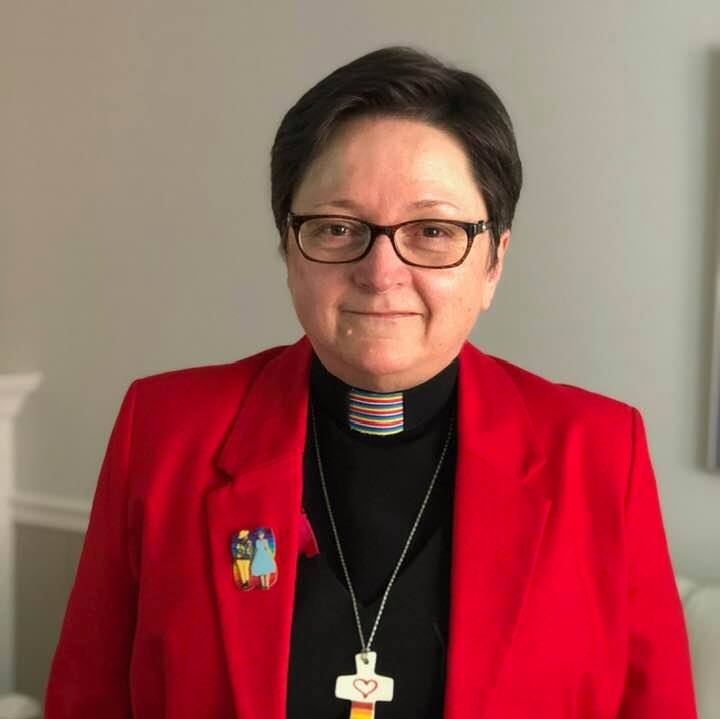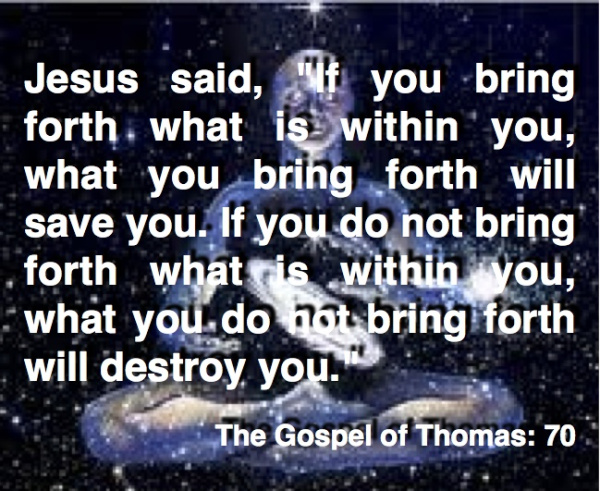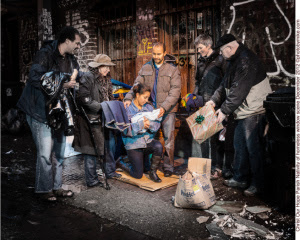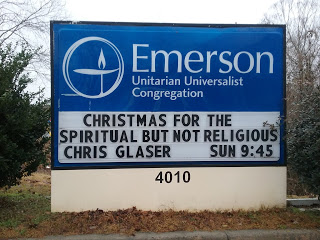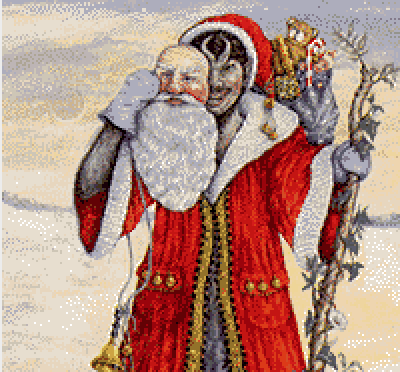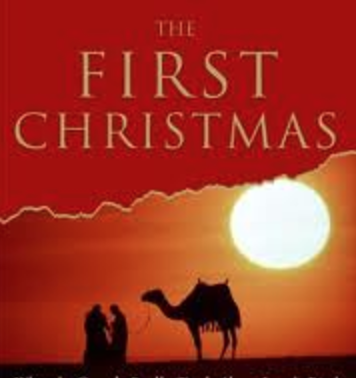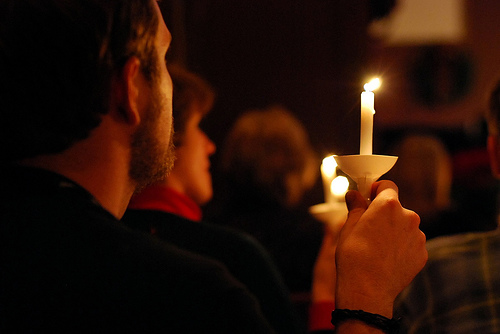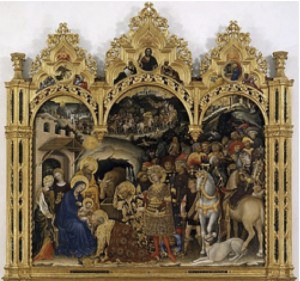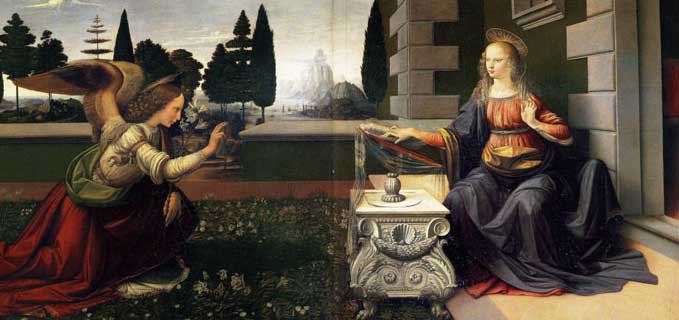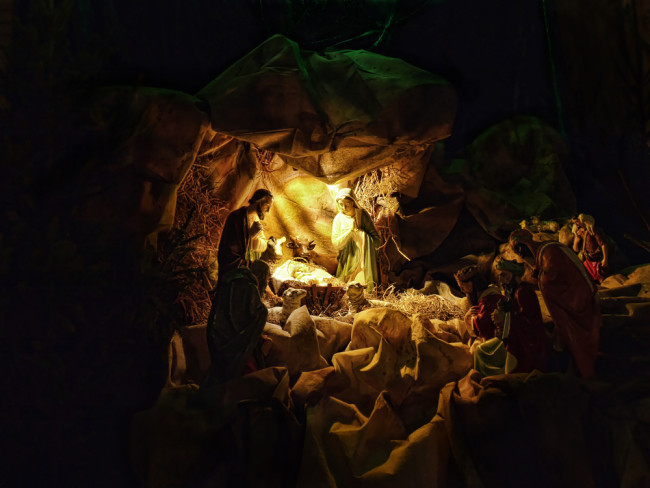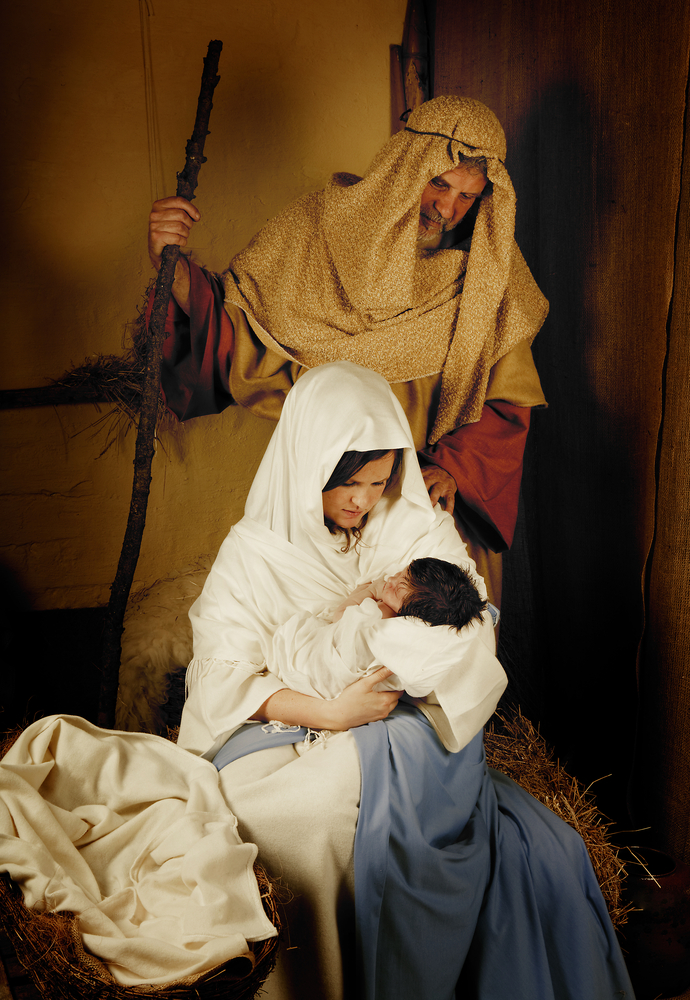I wonder what the numerous losses our world has experienced in the past two years may have liberated us from. What joys may we discover in this liberation? In the freedom from the way things were? In the discovery of stars to guide us? In the joy we allow ourselves to take in each new birth.
What a strange Advent this has been. In the midst of this pandemic, so many of our rituals and customs have been set aside as we struggle to do our part to slow the numbers down and bend that curve. I don’t know about you, but I don’t have much of an appetite for John the Baptist’s ranting and raving this Advent Season.
A sermon preached on the Second Sunday after Christmas – the readings for this sermon include: John 1:1-9, The Gospel of Thomas 70; Matthew 2:1-12.
Today: the Feast of St. Nicholas, the ancient precursor to the modern Santa Claus, will pass without much ado. Some will try to encourage us to resurrect St. Nicholas to save us all from Santa’s powers for we have gone astray. To those well meaning souls who would rid Christmas of its flagrant consumerism, I can only offer up a feeble, “Baa Humbug!”
Click on these links for some of the sermons I have preached on Christmas Eve
This sermon, is a distillation of the work of Marcus Borg and John Dominic Crossan in their excellent book “The First Christmas” I am indebted to Peter Rollins for his approach to the Christmas story. Some have said that the birth of Jesus is the most amazing birth story ever told. Jesus birth narrative heralded the arrival of a child who was praised as the Son of God, the Saviour of the World who was said to be the personification of peace on earth; God incarnate; fully divine and fully human. Not everyone agrees that this is the most amazing birth story ever told. Indeed, the story of Jesus birth can’t even claim to be unique. Some claim that Jesus’ birth story is just one of a long line of birth stories. Jesus’ birth story, some claim, is only considered to be unique because it’s our story; our story that we tell over and over at the expense of other birth stories from other communities that are just as great.
Christmas has become about more than Jesus. It’s about the lifting of the human spirit. It’s about kindness and compassion and the glory of being alive!
Today: the Feast of St. Nicholas, the ancient precursor to the modern Santa Claus, will pass without much ado. Some will try to encourage us to resurrect St. Nicholas to save us all from Santa’s powers for we have gone astray. To those well meaning souls who would rid Christmas of its flagrant consumerism, I can only offer up a feeble, “Baa Humbug!”
Christmas, every Christmas is a Thin Place. According to the Irish, a Thin Place is a place where the boundaries between heaven and earth fall away. Every Christmas is a Thin Place where the boundaries between our everyday existence and the reality that we are all part of something so much bigger than ourselves, well these boundaries fade away at Christmas. Thin Places are those precious moments in time when the sacred can be seen in the everyday stuff of life. Christmas with its powerful parables, myths, metaphors, and symbols acts as a giant welcoming Thin Place were the boundaries and veils fall away and we are able to recognize the sacred in ourselves, in one another, and in the world around us. I could go on and on about the power of Thin Places to open us to the reality of the LOVE that we call God. But rather than try to explain how the Christmas stories, parables, myths, metaphors, and symbols create thin places, let me tell you a story designed to create a thin place where together we can see the veil between the scared and the everyday fade away.
In 2008, our little congregation played host to John Dominic Crossan who has been acclaimed as world’s most famous New Testament scholar. Crossan’s visit to our congregation began with a public lecture based on his best-selling book The First Christmas in which he and Marcus Borg provide a splendid historical outline of the development of the birth narratives. I had the dubious honour of standing before his enlightened audience on Christmas Eve to preach in the great man’s wake. What follows is the Christmas Eve sermon I preached just three weeks after Dom’s illuminating visit.
What if we spent a good part of one day filling our chest cavity with a vision of love at every deep breath? What if the 25th was spent sending light and love outward to unsuspecting people. People we lived with daily. They might not guess we were doing it. Or people we thought about that day. What if we consciously directed what we know of God toward them? What if we did nothing more than nurture our sacred flame in the remembrance of a single soul lit in Bethlehem so long ago? Would Christmas be big enough to hold such a thing, or would it spill out into 12 days, or ordinary days, or 365 days?
While we’re busy explaining that the birth stories about Jesus of Nazareth are really parables and not history, and others are trying to prove or disprove the details of the nativity myths, the Christ in our Mass is all but forgotten. While so people continue to bandy the word Christ around as if it were Jesus’ last name, far too many of us have forgotten what the church has been teaching for centuries.
Why do we care so deeply for the child born to Mary and Joseph in a Bethlehem cave and not the millions of other children born into a poverty of one kind or another? Is it because of who he became, or simply because we can only care for one person at a time?
This Sunday, the Feast of St. Nicholas, the ancient precursor to the modern Santa Claus, will pass without much ado. Some will try to encourage us to resurrect St. Nicholas to save us all from Santa's powers for we have gone astray. To those well meaning souls who would rid Christmas of its flagrant consumerism, I can only offer up a feeble, “Baa Humbug!”
Advent, the very word means come; tis the season of coming. Advent is not about waiting; waiting for Christmas, or waiting for the birth of a baby; Advent is about coming, the coming of Christ. In the darkness of the end, we long for Christ to come. Yes, we will have to wait for Christmas to come; but Christmas will come as it always does. The point is not the waiting, the point is in the midst of darkness, in the trials and tribulations of the end, Christ will come; the point is Christ will come. In the midst of the darkness of the end, our deepest longings are stirred up, our longings for hope, for peace, for love and for joy.
The challenge for a progressive Christian who has moved beyond such notions as virgin births and gods disguised in human form come to save us from ourselves is to remember that it is as much a historical development, as it is a theological one. That is, the attribution of a “Christ” title accorded a very human Jesus constitutes the imaginations -- if not machinations -- of an early Church; consisting of very human, second-generation followers of a 1st century Galilean peasant sage and itinerant preacher. And who all but drowned out the authentic voice of the one who was once born and dwelt among humankind. Such an assertion is simply based on the fact the historical Jesus never self-identified as the “anointed one,” the Christ. As such, if one were to remove the Christ-title from the various birth narratives of those secondary traditions of this religious movement, what would remain of the “Christmas story” that has become as prevalently assumed, as it has been unexamined? If we took the Christ out of Christmas, what might remain of the voice of one who was born and dwelt among us? You can read more here.
Luke 1:26-38, a sermon for Advent 4B
Imagine what it must have been like for the early followers of the man Jesus of Nazareth; a peasant, rabbi, radical, and disturber of the peace, executed as a political threat to the Pax Romana. Jesus of Nazareth went to his death insisting that peace through victory was no peace at all. Jesus of Nazareth proclaimed the radical notion that peace, true peace can only be established and maintained through justice.Peace, true peace, is the result of everyone having enough. Distributive justice which ensures that the poor and the powerless, the marginalized and the despised have all they need to live in peace.It was such a radically dangerous notion that the powers that be could not let it live.
a sermon for Advent 4B
I used to think that A Christmas Carol was the story of Scrooge’s metamorphosis. The scene in the movie were Scrooge realizes that it is Christmas morning and that life doesn’t have to be the way it has always been and he does that wonderful dance and sings: “I don’t know anything! I never did know anything all on a Christmas morning!” I always thought of that wonderful dance as the culmination of Scrooge’s metamorphosis, like a butterfly bursting forth from a cocoon. But now I see it for what it really is. It is a dance of resurrection. For Scrooge was dead. Dead and gazing at his own tombstone, when suddenly, and suddenly for me always indicates the work of the Spirit, suddenly, Scrooge realizes that what he is seeing are only the shadows of things that might be. Suddenly, Scrooge knows “that men’s deeds foreshadow certain ends. But if the deeds be departed from surely the ends will change!” Scrooge is born again and is able to declare with confidence, “I’m not the man I was.” And so, the resurrected Scrooge becomes all that God intended him to be.
Reflections by Michael Hollingshead
I could feel the warm afternoon wind blowing a few moments before; right through the window where I was standing, stacking some bowls. A moment later it blew again, only this time it was cool and refreshing, and even smelled sweet like hyssop, or juniper, or jasmine.
The way you tell the Christmas story, it all sounds so simple. So simple. Oh, don’t get me wrong, I really like it. It’s just that for so long now people have been telling my story and the way they tell it, it all sounds so simple and easy, so neat and tidy, that I hardly recognize myself in the story. It’s not your fault. It all started a long time ago. Luke and that other fellow Matthew, they started it all. They wrote my story down and wouldn’t you know it they cleaned it all up. But who can blame them. Nobody likes messy birth stories. And as birth stories go, my baby’s birth was a really messy one.
Mary, this enigmatic woman has remained in the shadows for centuries. All too often the epithet “virgin” has been applied to the young woman who fell pregnant so long ago. As her Advent appearance approaches, I this re-post this sermon which I preached a couple of years ago in which I asked some questions about Mary. At the time I was reading Jane Schalberg’s “The Illegitimacy of Jesus”, John Shelby Spong’s “Born of a Woman” and “Jesus for the Non Religious” along with John Dominic Crossan and Marcus Borg’s “The First Christmas” and this sermon is laced with their scholarship.
Matthew and Luke tell completely different (and contradictory) accounts of the birth of Jesus. Neither are meant to be taken literally. They were writing a theological message (sermon) to introduce their gospels. Where the two agree is that the Jesus they were going to describe was a messenger who would turn the world upside down, casting down the rich and powerful in favor of the weak and poor. There is our real Christmas story, a story of liberation and justice.
From grains, bread connects us to soil and a three billion year old process. Photosynthesis, first begun when ocean organisms, earth's first populations, with neither brains or bibles, learned how to create a chlorophyll molecule. Since then all biological life is able to trap, store, and convert sun's energy into food that sustains both the plant and that specie's place in the food chain. Like the elements connect Christians to the nourishing ways of Jesus, food unites us to our ecology and the life-sustaining ways of nature itself. Communion, it is not only a rite of Christianity, it is the evolutionary levan in the Earth story itself.
How do you see the Holy Family? What do they look like? “Ordinary”?—what does that mean? Iconic? A nativity scene or an artist’s impression? Surrounded by shepherds and angels and animals, or isolated and on the run from Herod—or from dubious family members still unsure of Joseph’s wisdom in marrying Mary? Perhaps you see a pageant—a filmstrip of images one after the other, screening numerous family scenes and mythologies and narratives. Hold them in your mind’s eye…

